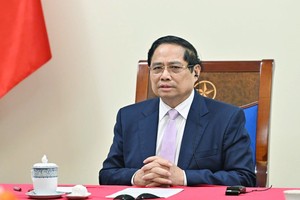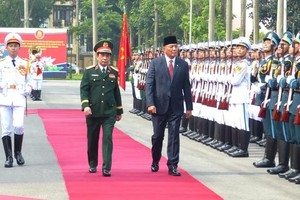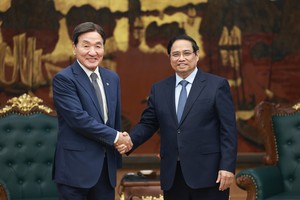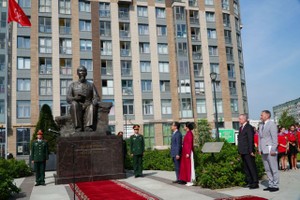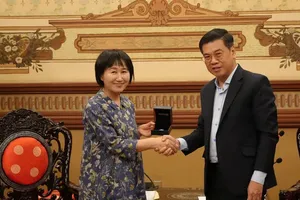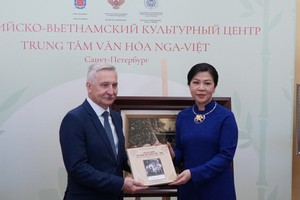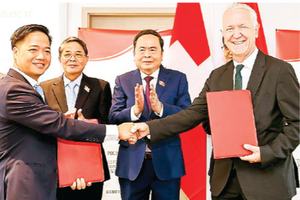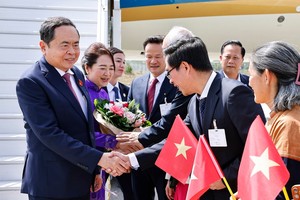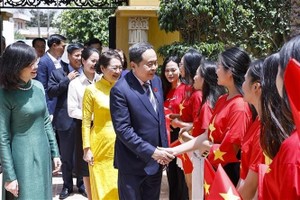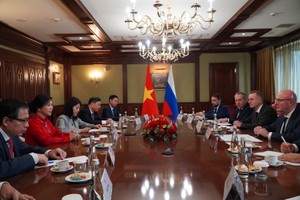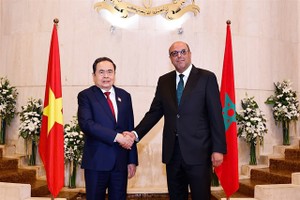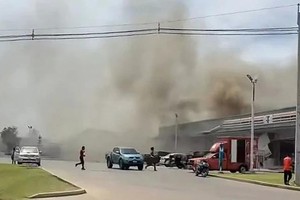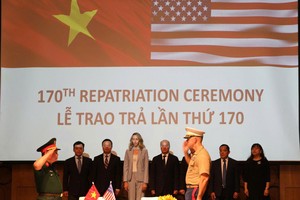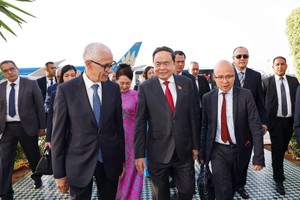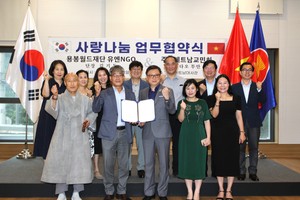The shadow war between the U.S. and Iran was briefly visible this week at an extradition hearing in a Paris courtroom, where an Iranian engineer was answering U.S. charges that he'd illegally shipped U.S. technology to Iran .
French authorities detained Majid Kakavand , 37, at the request of the U.S., as he stepped off a plane last year. On Wednesday he got a big boost when a French state prosecutor unexpectedly argued that the technology he allegedly shipped through his global procurement network had no military application.
Whether France extradites Kakavand or doesn't, as now seems more likely, this was the latest round in an escalating contest over what U.S. officials say is Tehran's voracious appetite for technology to feed its nuclear, missile and other military programs.
While diplomats dither about imposing new U.N. sanctions on Tehran because of its suspected nuclear weapons program, the real struggle over Iran's capabilities is taking place in courtrooms and intelligence centers, via sting operations, front companies and falsified shipping documents.
In the last year alone, U.S. law enforcement and customs officials have uncovered at least 16 cases in which Iranians or their agents allegedly tried to buy night vision equipment, military aircraft parts, vacuum pumps with nuclear uses, and a lot more.
The U.S. counterattack has gone well beyond U.S. borders, provoking controversy and complications.
Suspects have been arrested and extradited from the country of Georgia and, just three weeks ago, from Hong Kong . A former Iranian ambassador to Jordan , nabbed in a U.S. sting operation, is fighting extradition from the United Kingdom .
Iran is fighting back. In December, state media released a list of 11 Iranians it said were being improperly detained, either in the U.S. or in other countries at U.S. request.
Kakavand was on the list, as was Nasrollah Tajik, the former ambassador to Jordan . Also listed was Shahram Amiri , an Iranian nuclear scientist who disappeared in Saudi Arabia last year and was reported by ABC News to have defected to the U.S.
Manoucher Mottaki, the foreign minister, called Kakavand earlier this month to offer encouragement. The call fueled suspicions that if France releases him, Iran will free Clotilde Reiss , a young Frenchwoman who was detained after Iran's disputed July 2009 elections.
U.S. officials say Iran has also responded by trying better to cover its tracks.
Proliferation networks "are becoming increasingly more sophisticated — laying out a smoke trail, really," said special agent Clark Settles , the chief of counter-proliferation investigations at U.S. Immigration and Customs Enforcement .
"They've added more middlemen" to hide the true destinations of shipments of U.S. technology, and have become more proficient at forging documents and falsifying export licenses, Settles said.
The U.S. effort also has gotten a lot more aggressive, said David Albright , the president of the private Institute for Science and International Security and the author of a new book on illicit nuclear trade.
"I think it's hurting them. You can see in some cases, they get pretty desperate," Albright said.
Iran is dependent on foreign technology to expand its uranium enrichment efforts, which U.S. and European intelligence agencies say is aimed at acquiring enough fissile material to make a nuclear weapon.
"They want to get 20,000 centrifuges" for enrichment, Albright said. "They're constantly needing to go out and buy things. . . . You hurt them on the build-up."
Iran is using U.S. technology for non-nuclear applications, as well to harm Americans, law enforcement officials and analysts say.
Sophisticated roadside bombs, thought to have been assembled in Iran , have been discovered in Iraq and Afghanistan containing electronics whose serial numbers trace them back to the U.S., they say.
At ISIS' Washington offices, Albright pointed to a picture of Iranian President Mahmoud Ahmadinejad touring one of Iran's nuclear sites. Also in the photograph is a pressure transducer, which can be used to measure pressure inside a centrifuge that's enriching uranium — almost certainly of U.S. origin.
Steven Pelak , a senior Justice Department official said recently that there was a more than 30 percent increase in criminal defendants between late 2006 and late 2007. Most cases are focused on Iran and China , said Pelak, who coordinates an inter-agency export enforcement task force. He said there are more than a dozen open investigations into illegal proliferation networks.
Despite a near-total U.S. ban on trade with Iran and significant restrictions in Europe , a lot apparently gets through.
"Cases lead to other cases. Every time we've taken down one of these networks, we literally found hundreds of leads," said Settles, the ICE special agent.
The U.S. last year acquired an extensive "electronic Rolodex" as part of a plea bargain with the owner of a Dutch aviation services firm, who with his son was charged with transshipping U.S. goods to Iran . Robert Kraaipoel and his son came voluntarily to the U.S., because after charges against them were made public, no Western banks would hold their money, throttling business.
U.S. customs agents also have lured Iranian front men to third countries that have extradition treaties with the U.S., and later brought them to U.S. jails.
Pelak disputed that the U.S. government is trying to enforce its laws overseas. He said suspects are using U.S. financial institutions, buying American technology and often causing U.S. companies to file false export certificates, unwittingly he said.
Kakavand was supposed to be a case in point. Documents filed in U.S. District Court in Northern California charge that he and his associates set up a firm, Evertop Services, in Malaysia , and used it to buy at least 30 shipments of U.S.-made electronics worth more than $1 million . Once in Malaysia , they were shipped to Iran via Iran Air , the state-controlled airline.
E-mails from Evertop show the company's customers included Iran Electronics Industry and Iran Communications Industries , entities that supply Iran's military.
Kakavand's attorney in Paris , Diane Francois , told McClatchy that the Iranian dealt with "no arms or dual-use (items), period." Because he didn't break French law, he shouldn't be extradited, she said.
A federal law enforcement official, speaking on condition of anonymity because the case is ongoing, said the real issue is that the two Iranian entities were designated for their involvement in Iran's nuclear missile programs by the U.S. and one, IEI, by the European Union .
"These facilities don't make toys," he said.
The case helped prompt Malaysia , long seen as transit point for goods to Iran , to adopt an export control law in time for President Barack Obama's nuclear security summit this week.
A ruling on Kakavand's extradition is expected May 5 .
